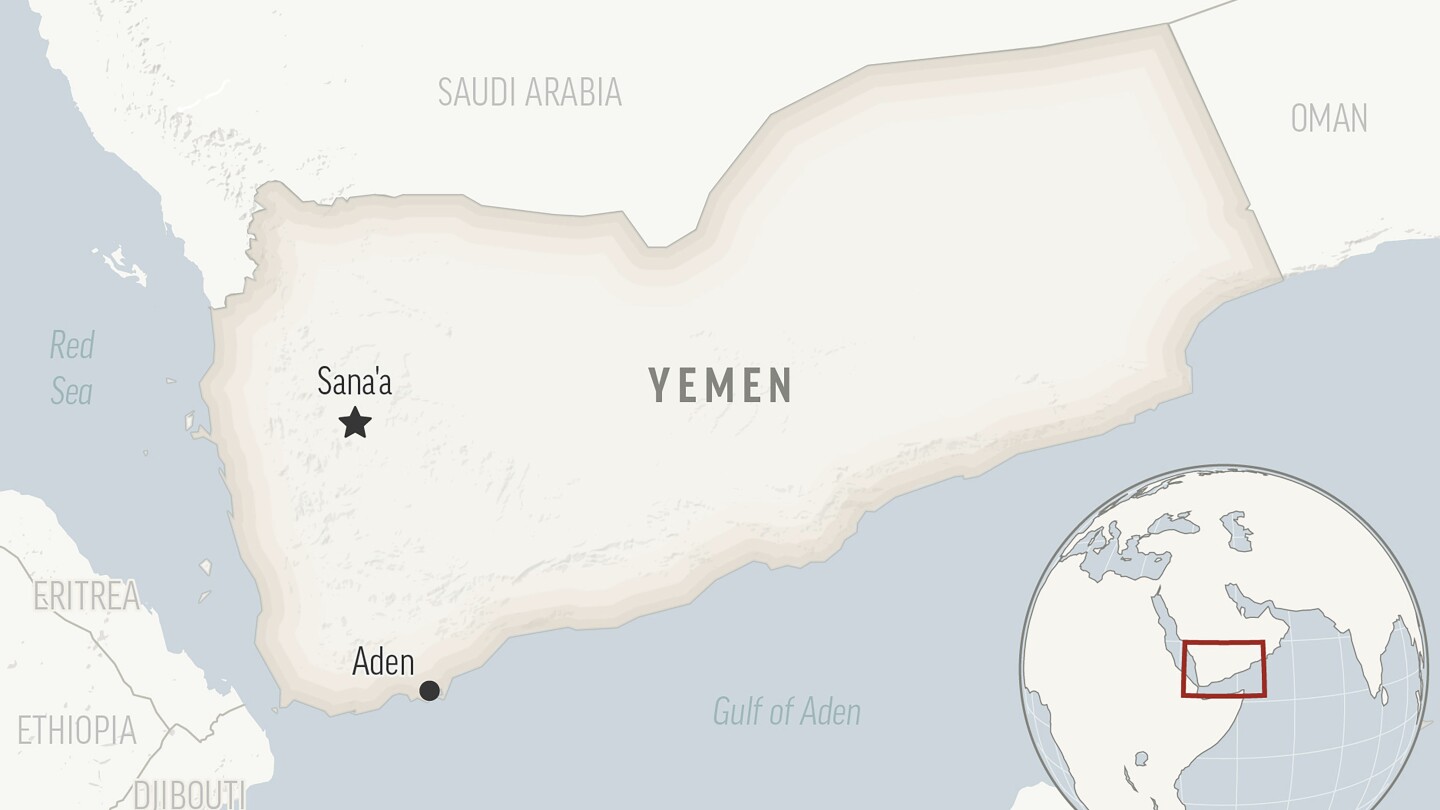TEL AVIV, Israel (AP) — A ship traveling through the southern Red Sea was attacked by a suspected Yemen Houthi rebel drone early Tuesday, authorities said, the latest assault in their campaign targeting vessels over Israel’s war on Hamas in the Gaza Strip.
The attack happened west of Hodeida, Yemen, and the projectile caused “slight damage” to the vessel’s windows on the bridge, the British military’s United Kingdom Maritime Trade Operations said. A small vessel had been nearby the ship before the attack, it added.
The private security firm Ambrey identified the vessel as a Barbados-flagged, United Kingdom-owned cargo ship. No one was hurt onboard the vessel, which suffered “minor damage,” the firm said.
No group immediately claimed responsibility for the attack. However, suspicions immediately fell on the Iranian-backed Houthi rebels in Yemen.
Since November, the rebels have repeatedly targeted ships in the Red Sea over Israel’s offensive in Gaza against Hamas. But they have frequently targeted vessels with tenuous or no clear links to Israel, imperiling shipping in a key route for trade among Asia, the Mideast and Europe.
In recent weeks, the U.S. and the United Kingdom, backed by other allies, have launched airstrikes targeting Houthi missile arsenals and launch sites for its attacks.
The U.S. and Britain struck 36 Houthi targets in Yemen on Saturday. An air assault Friday in Iraq and Syria targeted other Iranian-backed militias and the Iranian Revolutionary Guard in retaliation for a drone strike that killed three U.S. troops in Jordan.
The U.S. military’s Central Command separately acknowledged an attack Monday on the Houthis, in which they attacked what they described as two Houthi drone boats loaded with explosives.
American forces “determined they presented an imminent threat to U.S. Navy ships and merchant vessels in the region,” the military said. “These actions will protect freedom of navigation and make international waters safer and more secure for U.S. Navy vessels and merchant vessels.”
___
Associated Press writer Lolita C. Baldor in Washington contributed to this report.

